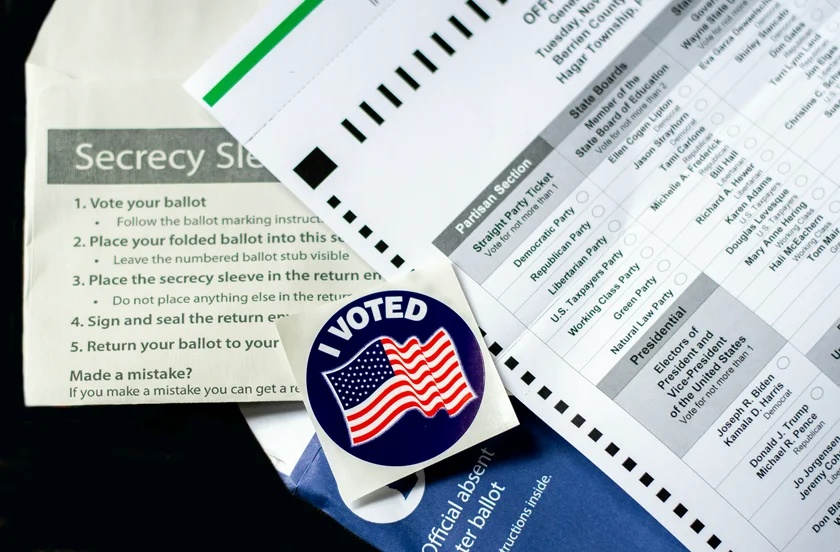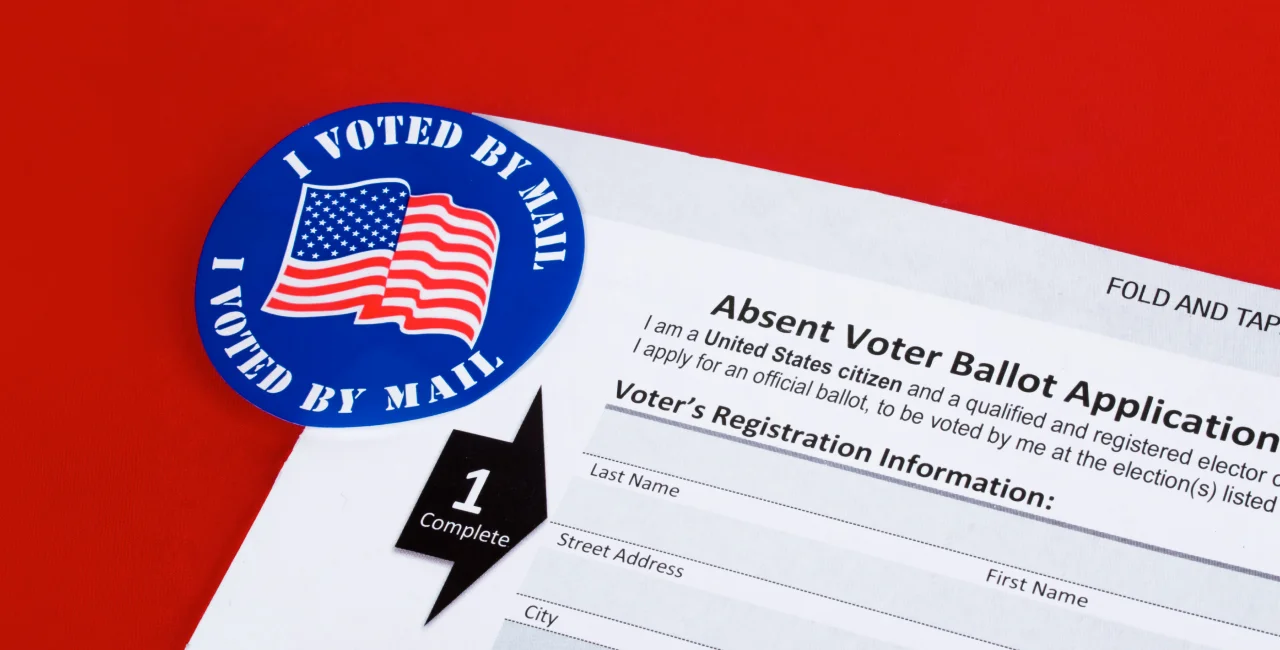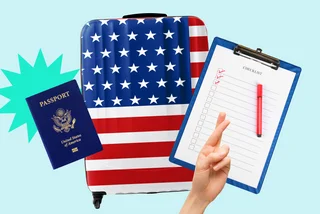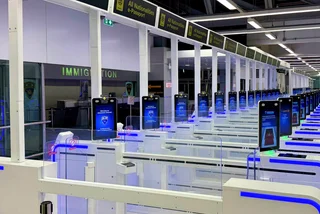A House of Representatives bill introduced Aug. 1 would fundamentally change overseas voting for the first time since former President Ronald Reagan signed legislation guaranteeing ballot access to Americans abroad.
The measure would require non-military citizens to prove current U.S. residency before receiving absentee ballots, potentially affecting millions of eligible voters worldwide, including those residing in Czechia.
Bill targets 'never-residents'
H.R. 4851, the Proving Residency for Overseas Voter Eligibility (PROVE) Act, would amend the Uniformed and Overseas Citizens Absentee Voting Act to require non-military overseas citizens to prove current residency in the state where they wish to vote, according to sponsor Rep. Abe Hamadeh, R-Ariz.
The bill specifically targets “never-residents”—Americans who inherited citizenship through a parent and can claim that parent’s last U.S. address as their voting residence. Currently, 39 states permit such individuals to vote in state elections even if they have never lived in the United States, according to Hamadeh.
“This is not about making it harder to vote. It is about making it harder to cheat and protecting the integrity of our elections,” Hamadeh wrote in a Washington Examiner opinion piece.
The Arizona congressman argues that the current system allows people without a connection to a state to influence elections where they don't live, pay taxes, or face the consequences of voting decisions. He describes the legislation as addressing “one of the most overlooked weaknesses in federal election law.”
What would the bill mean for Americans in Czechia?
The new bill would require overseas voters to demonstrate either personal residency or that of an immediate family member in their claimed home state. Those who cannot meet the residency requirement would still be able to vote in federal elections, but only through the District of Columbia for President and a non-voting House representative.
The legislation comes as civilian overseas voters have grown significantly, surpassing military voters by 2020 to make up 57 percent of overseas absentee voters compared to 40 percent in 2010, according to U.S. Election Assistance Commission data.
Hamadeh expressed particular concern about the impact on battleground states like Arizona, Georgia, Michigan, Nevada, New Hampshire, North Carolina, and Wisconsin—“states that often determine who becomes President of the United States."
However, voting rights experts dispute claims of overseas voting irregularities. Susan Dzieduszycka-Suinat, president and CEO of the U.S. Vote Foundation, told Democracy Docket, “There’s an unfounded animosity and suspicion of voting from abroad. There’s no supporting evidence of fraud or malfeasance by these voters.”
Democrats Abroad, which represents overseas Democratic voters, has characterized the bill as part of a broader effort to disenfranchise Americans living overseas.
The organization argues the legislation would create “second-class citizens” among Americans overseas who pay taxes and meet other citizenship obligations while living abroad, particularly impacting military reservists, veterans and military families who might not maintain current U.S. addresses.
Pub Crawl Guide
English
Prague • CZK 150 - 250
Global Product Sales Leader
English
Brno - město
Conference Producer
English
Prague
What's next?
Anyone who has ever voted by absentee ballot from Czechia knows that postal voting isn’t easy to begin with. Civilians abroad face significantly more logistical and structural hurdles than military voters, often required to print, scan, and upload documents like photo ID or affidavits with limited infrastructure.
In some countries, mail systems are unreliable or prohibitively expensive. In others, firewalls or internet censorship make it difficult to access U.S. election websites at all.

With new legislation under debate in Washington, there’s concern that an already challenging process for overseas voters could become even more difficult.
Congress returns from recess Sept. 2. The bill has been referred to committee and would need approval from both houses of Congress and the president’s signature to become law.
Dzieduszycka-Suinat, who has U.S. children born and living abroad, emphasized the stakes for Americans overseas: “They are American citizens, subject to U.S. tax, who want to vote. They do have a connection to their state and care about their country.”

























